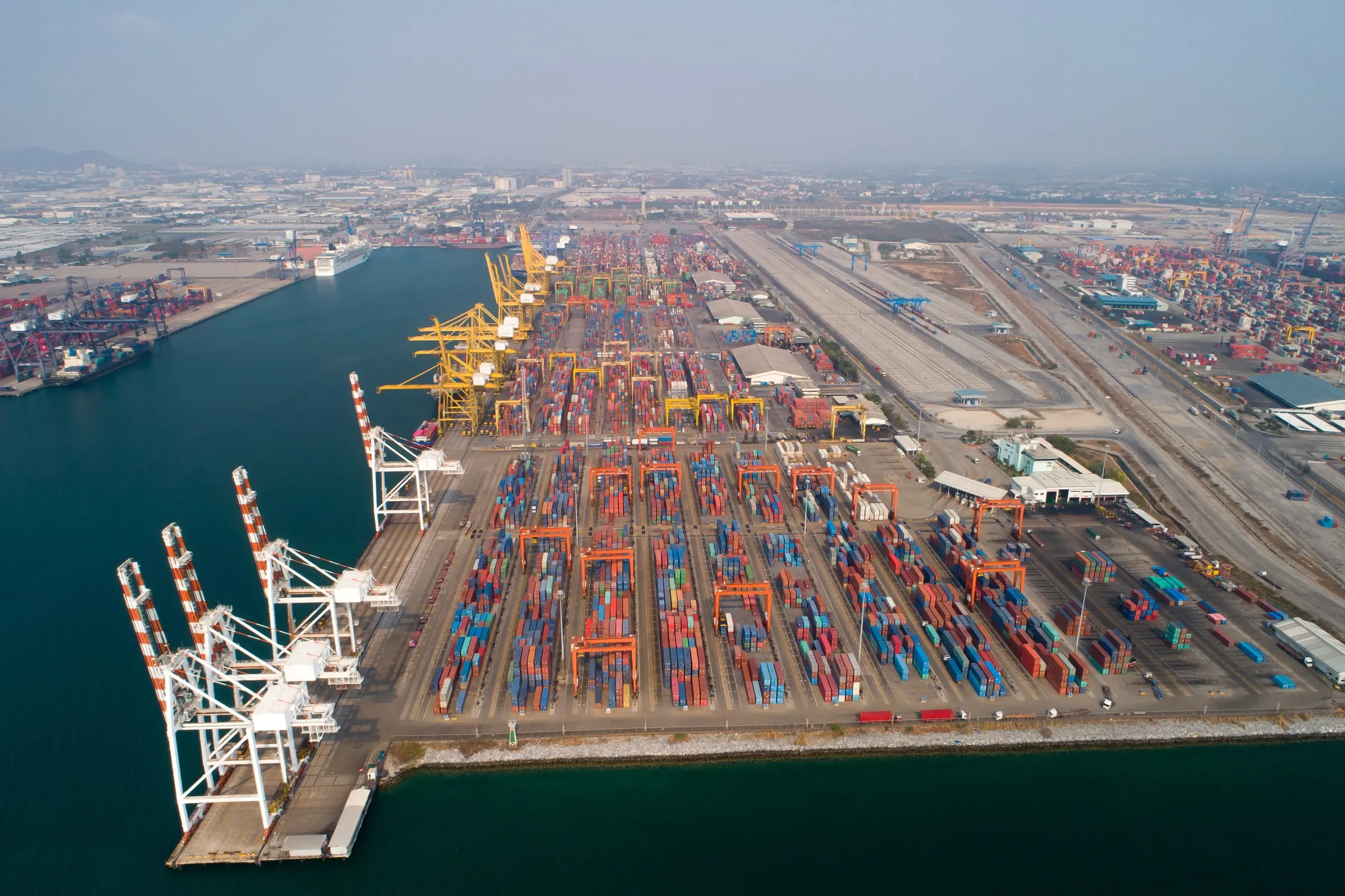مقالات
لماذا تحتاج السعودية إلى إطار وطني للمحاسبة الكربونية

As the Kingdom of Saudi Arabia advances toward its Vision 2030 objectives and net-zero emissions target by 2060, the development of a unified national carbon accounting framework represents a strategic opportunity. With major sectors such as energy, industry, and construction actively contributing to the Kingdom’s sustainability goals, establishing a standardized emissions inventory approach would support and accelerate these efforts.
Organizations across the Kingdom increasingly apply international methodologies such as the GHG Protocol or ISO 14064 to monitor and report emissions. A nationally aligned framework would serve to enhance consistency, foster comparability, and further elevate the credibility of Saudi Arabia’s climate actions at the global level.
Such a framework would introduce a consistent methodology for emissions measurement, reporting, and verification (MRV) across regions and industries. It would also support alignment with international developments such as IFRS S2 and the EU’s Carbon Border Adjustment Mechanism (CBAM), both of which emphasize high-quality emissions data. This is particularly important for export-oriented sectors like petrochemicals, cement, aluminum, and steel, where emissions transparency increasingly influences market positioning.
A nationally coordinated carbon accounting structure would also act as an enabler for other policy instruments, including sustainable procurement frameworks, climate finance access, and environmental permitting systems. It would further allow for targeted support mechanisms—such as research and innovation grants—based on validated emissions performance.
Institutionally, Saudi Arabia is well-positioned to advance such a framework. Entities such as the Saudi Energy Efficiency Center (SEEC), the Ministry of Energy, the National Center for Environmental Compliance (NCEC), and the Public Investment Fund (PIF) are already engaged in sustainability-linked activities. Harmonizing these efforts within a national digital infrastructure, complemented by training and capacity-building programs, would be a natural progression of the Kingdom’s leadership in this space.
Saudi Arabia is uniquely placed to lead the region in advancing carbon transparency and climate governance. A national carbon accounting framework would not only reinforce the country’s sustainability credentials but also unlock new avenues for investment and innovation.
In a global landscape increasingly shaped by sustainability metrics, carbon accounting stands as a foundational element of long-term economic resilience and strategic foresight.

المحاسبة الكربونية كأداة للامتثال: تهيئة المنطقة لآلية تعديل الكربون الحدودي (CBAM) ومعيار IFRS S2
مع تحول بيانات الانبعاثات إلى عنصر حاسم في التجارة العالمية، يستكشف هذا المقال كيف تتحول المحاسبة الكربونية من إجراء طوعي إلى ضرورة تنظيمية، خاصة لمصدّري منطقة الشرق الأوسط وشمال إفريقيا في مواجهة CBAM الأوروبي ومعيار IFRS S2.
اقرأ المزيداقرأ المزيد من الأخبار
عرض الكل
مقالات
كيف يمكن لإدارة الكربون تحسين مؤشرات الأداء في الأعمال
أكثر من مجرد التزام مناخي، إدارة الكربون تبرز كسائق للأداء المؤسسي. يستكشف هذا المقال كيف يمكن لتتبع الانبعاثات أن يقلل التكاليف، ويحد من المخاطر، ويجذب المستثمرين المهتمين بـ ESG، ويتماشى مع رؤية السعودية 2030.

مقالات
الإبحار نحو خفض الكربون: المحاسبة الفورية للانبعاثات ودورها في اتخاذ القرارات الاستراتيجية في قطاع النقل البحري
المحاسبة الفورية للانبعاثات ودورها في اتخاذ القرارات الاستراتيجية في قطاع النقل البحري

مقالات
دور المحاسبة الكربونية في مستقبل التمويل الأخضر في السعودية
مع سعي المملكة لتحقيق أهداف رؤية 2030، تبرز المحاسبة الكربونية كحجر أساس في استراتيجيتها للتمويل الأخضر.